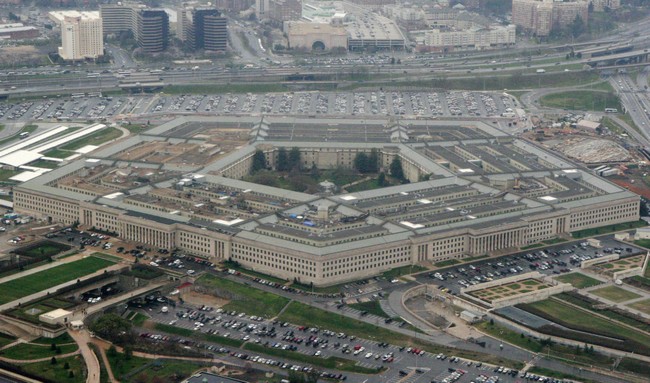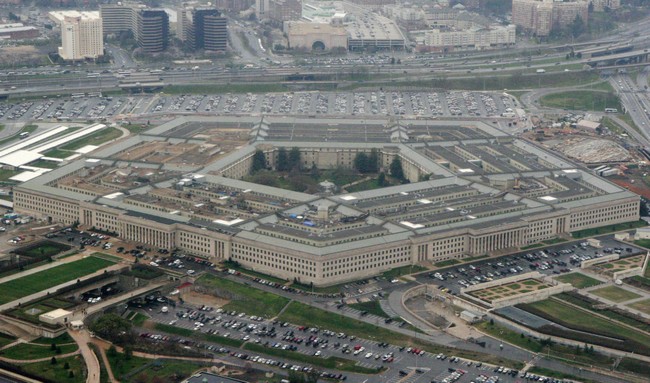
The Pentagon press office stirred controversy last Friday by announcing that the onsite work areas traditionally assigned to select media outlets would now rotate annually. In this new plan, the New York Times (print), NBC (television), National Public Radio (NPR), and Politico (online) would give up their spots to the New York Post, OANN, Breitbart News Network, and the Huffington Post.
Those displaced from their coveted workspaces were understandably dissatisfied. The decision sparked reactions of a media purge, particularly from staunch left-wing supporters who failed to clarify how the change in outlets occupying Pentagon workspaces would impact their reporting.
After hearing the complaints for a week, the Pentagon has responded to that criticism.
A letter from John Ullyot, the acting assistant to the Secretary of Defense, addressed the complaints about singling out certain outlets (“Despite the fact that most media outlets covering the Pentagon do not have office space within the building”) and alleged disadvantages for television outlets (“Despite the fact that most television outlets covering the Pentagon also lack office space and routinely bring heavy equipment in and out without issues”). Ullyot also requested an extension for the start date of the media rotation.
He doubled the number of rotations. The Washington Post (print), CNN (television), The Hill (online), and The War Zone (online) will all lose their spaces and be replaced by The Washington Examiner (print), Newsmax (television), The Free Press (online), and The Daily Caller (online).
CNN and NBC did get a promise of “shared secure storage in the Pentagon where they can leave their tripods and other large equipment.”
The Pentagon Press Association was devastated.
“Instead of reconsidering its approach after good faith outreach this week from more than 20 news organizations, the Defense Department appears to be doubling down on an unreasonable policy toward news outlets that have covered the U.S. military for decades,” the association said.

















